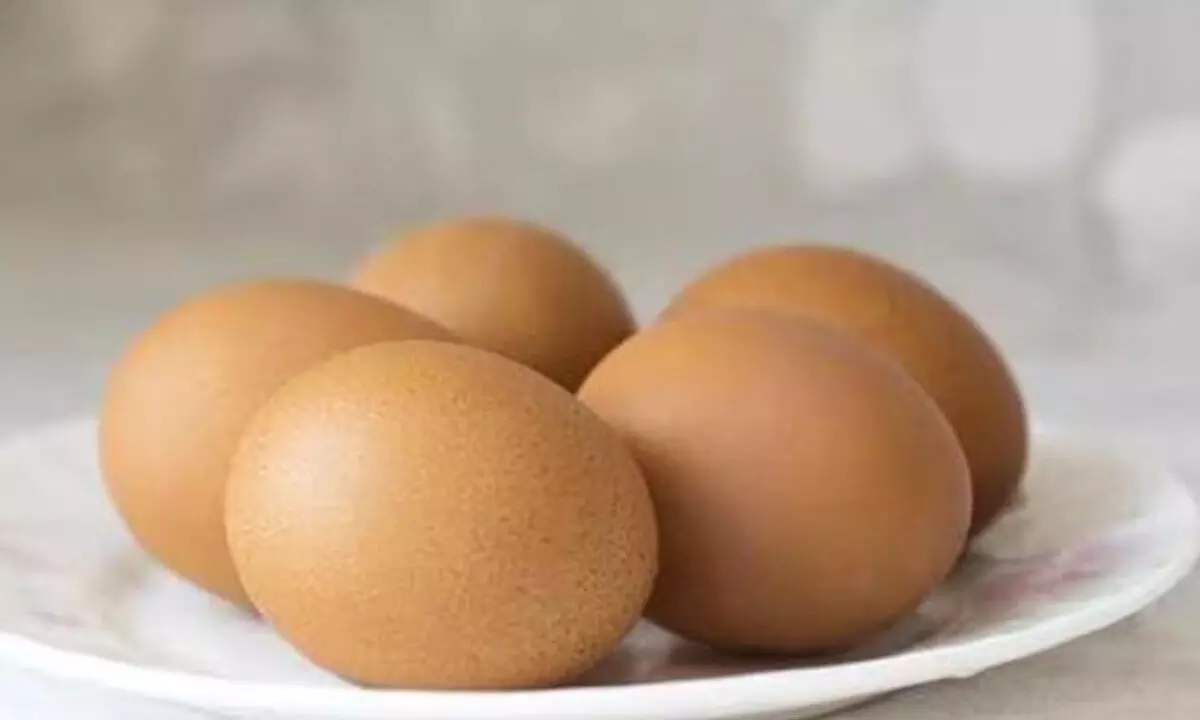Live
- Destructive wildfires devastate Los Angeles, taking huge economic toll
- Resignation of Akali Dal chief Sukhbir Badal accepted, election for successor on March 1
- SC refuses to entertain pleas seeking immediate implementation of Women Reservation Bill
- Hyderabad Police Arrest 23 in Multi-State Cybercrime Crackdown
- S. Korea confirms 2 more bird flu outbreaks, raising season's total to 23
- SpinSci Health Tech India Pvt Ltd Announces Groundbreaking News: 1,000 New AI Jobs in Telangana
- Devotees flock to temples in Nagar Kurnool district on Vaikunta Ekadashi
- Bimal Das Gupta's introduction of acrylics to India
- Written Test for Establishment of MeeSeva Center.
- Block-Level Sports Meet Organized in Nagarkurnool









